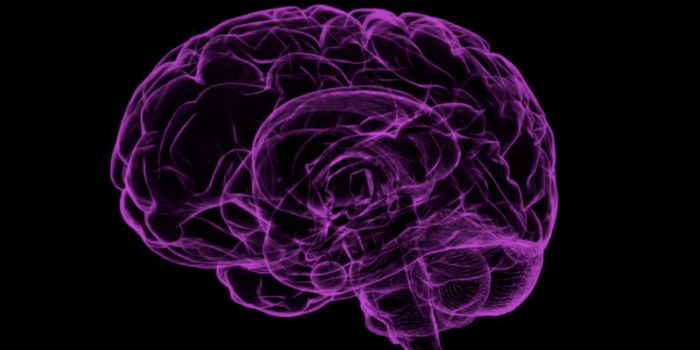Quality Sleep Linked to Lower Levels of Depression and Anxiety
Quality sleep may protect against depression and anxiety. The corresponding study was published in Cortex.
"As the COVID-19 pandemic has been a prolonged period of stress for people across the entire world, it offered us with a unique context with which to address our research questions," said Emma Sullivan, Ph.D. student from the Department of Psychology at the University of York, one of the study’s authors, in a press release.
"This is the first study to investigate the ways in which positive coping strategies and sleep quality influence depression and anxiety when experiencing a real-world chronic stressor. We found that better sleep quality was associated with fewer symptoms of both depression and anxiety during the initial months of the COVID-19 pandemic,” she added.
For the study, the researchers analyzed data from 1600 healthy adults with an average age of 35 years old. Data included self-reported scores for depression, anxiety, sleep quality, and use of cognitive emotion regulation (CER)- positively-focused thought processes- at multiple time points between March and November 2020.
Ultimately, they found that higher sleep quality- and not use of CER strategies- was significantly linked to lower rates of anxiety and depression. To explain their findings, they wrote that sleep supports cognitive processes which might ‘represent mechanistic pathways linking sleep quality to mental health’.
The researchers noted that their data also revealed that sleep quality is generally related to greater use of CER strategies. This, the noted, aligns with prior research that found that poor sleep quality can negatively impact people’s ability to engage in CER strategies, perhaps by disrupting cognitive control processes supported by the prefrontal cortex. They noted, however, that while these two factors are linked, the data shows that they do not synergistically affect depression and anxiety.
The researchers noted that their findings might be limited as they relied on subjective- as opposed do objective- reports of emotion regulation and sleep quality. They added that while adaptive CER strategy use and sleep quality were measured once in May 2020, depression and anxiety were measured twice- once in Spring 2020, and again in Autumn 2020. This meant they were unable to assess for changes in CER strategy use and sleep quality that may have taken place over the course of the pandemic.
Sources: Science Daily, Cortex









